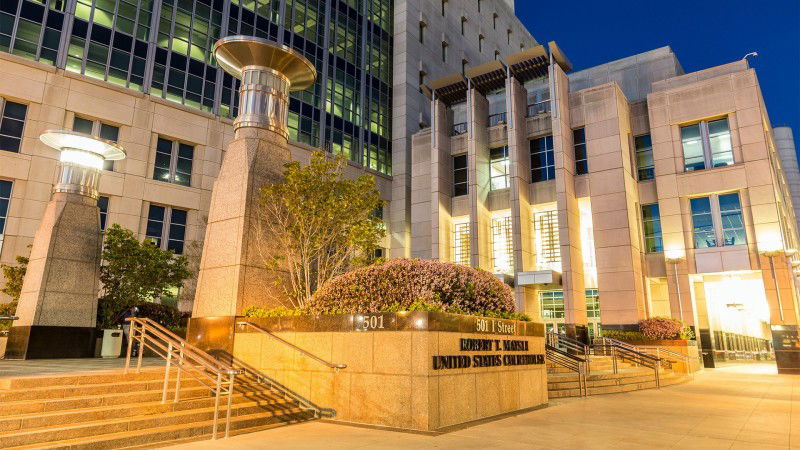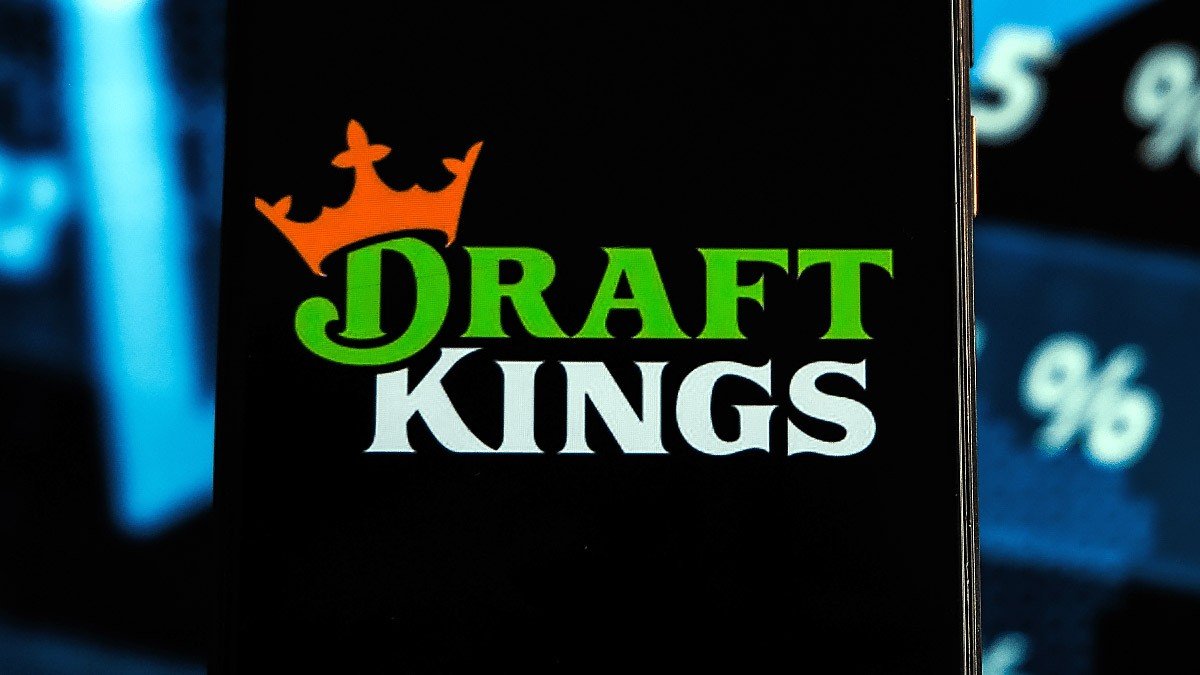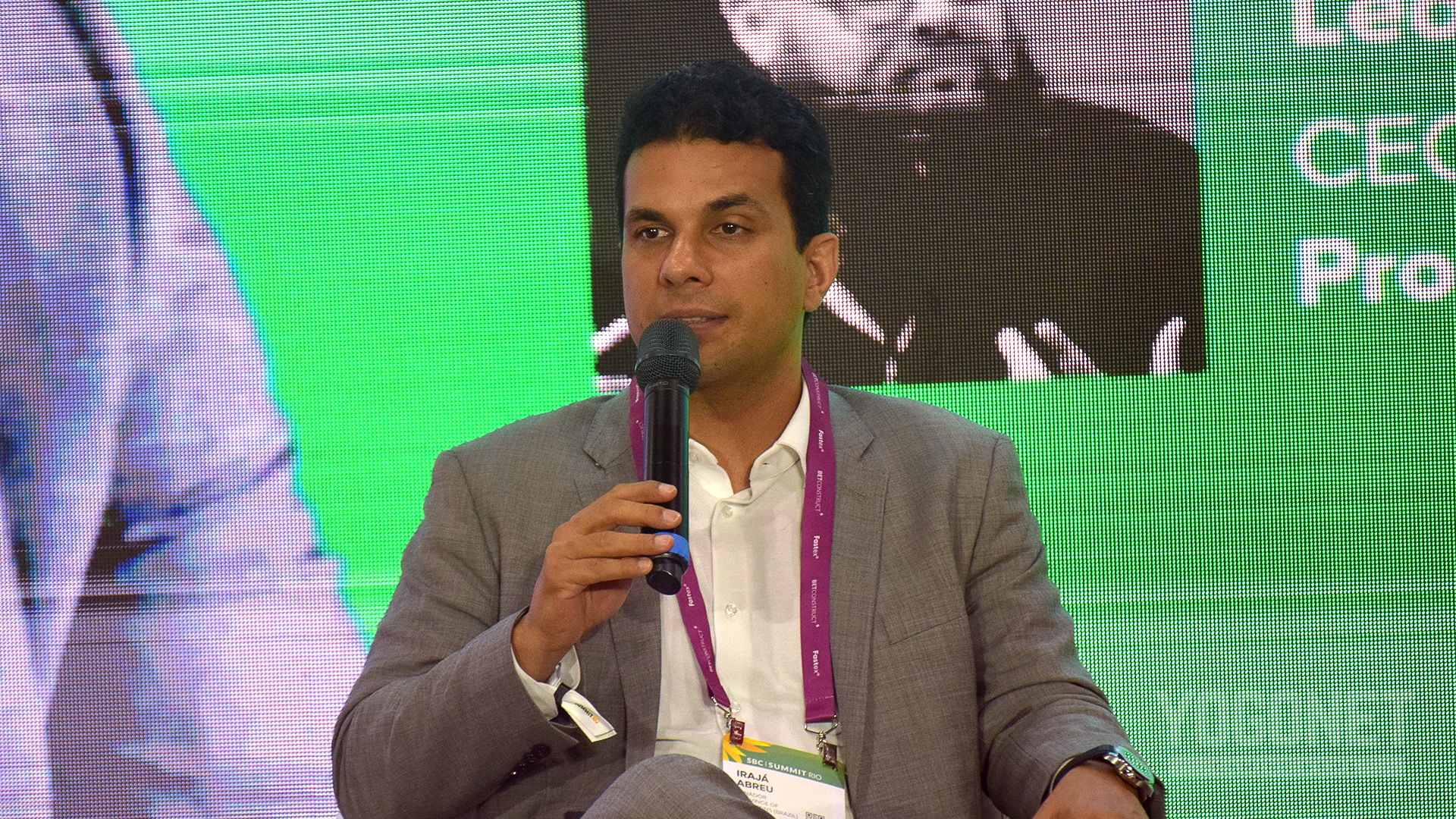Three California tribal casinos to appeal US District Court setback in house-card games exclusivity

A lawsuit brought by three prominent casino-operating California tribal nations targeting certain house-banked games available in some of the state’s licensed cardrooms has been dismissed. The tribes have vowed to appeal the US District Court for the Eastern District of California decision to dismiss a lawsuit filed at the start of 2019 calling for the shut down of lawful cardroom games like blackjack and baccarat on the basis that they violate tribal exclusivity.
The three tribes – the Yocha Dehe Wintun Nation, the Viejas Band of Kumeyaay Indians and the Sycuan Band of the Kumeyaay Nation – accused the state of violating the tribes’ gaming compacts. The lawsuit, supported by numerous others of California’s casino-operated tribes, asserted that the state had violated these compacts by allowing the state’s non-tribal cardrooms to offer certain card games that are effectively banked by the house, even though as originally conceptualized the “banker” position was to rotate from one player to the next.
The tribes issued a statement saying the ruling was “simply a procedural finding by the court that it lacked the power to require the state to enforce the law under the tribes’ compacts. The tribes believe the court’s point was that the compacts “are not the vehicle under which the tribes can force the state to enforce the law.”
However, the tribes believe the US District Court was “incorrect in concluding the compacts did not provide a basis to compel the state to enforce the law,” and pointed out that the state itself “does not dispute the merits of the case,” even if the state “is doing either little or nothing to stop the cardrooms’ unlawful conduct.”
The lawsuit in question, which was filed against the State of California and Governor Gavin Newsom, was dismissed on the basis that the tribes’ compacts did not give them the exclusive rights to these games in California according to the District Court.
The tribes are considering an appeal to the Ninth Circuit Court of Appeals. Prior to the case, four California Court of Appeal decisions have found that the cardrooms are permitted to operate non-banked versions of the games and have done so with specific approval of the Attorney General.
Modifications made in 2007 to the rules governing such games included allowing designated third-party prop players, or TPPs, to serve as the representative of the house and also serve as the dealer of the game in almost all instances. The third-party prop player, given the ingrained house edge, then shares a contracted version of his profits with the house, though in an obfuscated matter. The arrangement thus allows the cardroom to generate enough income in the long run to justify running the games.
However, the tribes’ suit against the state asserted that all these games were and are illegal in their entirety and represent a violation of their gaming compacts that assured tribal exclusivity over certain forms of gambling in California. The District Court disagreed with several of the tribes’ assertions as they related to ongoing exclusivity over several gambling forms.

















































